Urge Petco to Stop Selling Birds, Reptiles, Fish, and Others
Petco treats birds, reptiles, fish, and other small animals like inanimate merchandise. They spend hours—sometimes days—in transit from notoriously cruel suppliers, including breeding and distribution mills, and many animals are wild-caught. The animals end up confined to small tanks and cramped cages, deprived of the ability to exhibit natural behavior, and are often denied even the basic necessities of life. Petco sells animals to anyone with a credit card. Selling sentient beings as if they were inanimate objects like leashes, treats, or food is inhumane, and it must end.
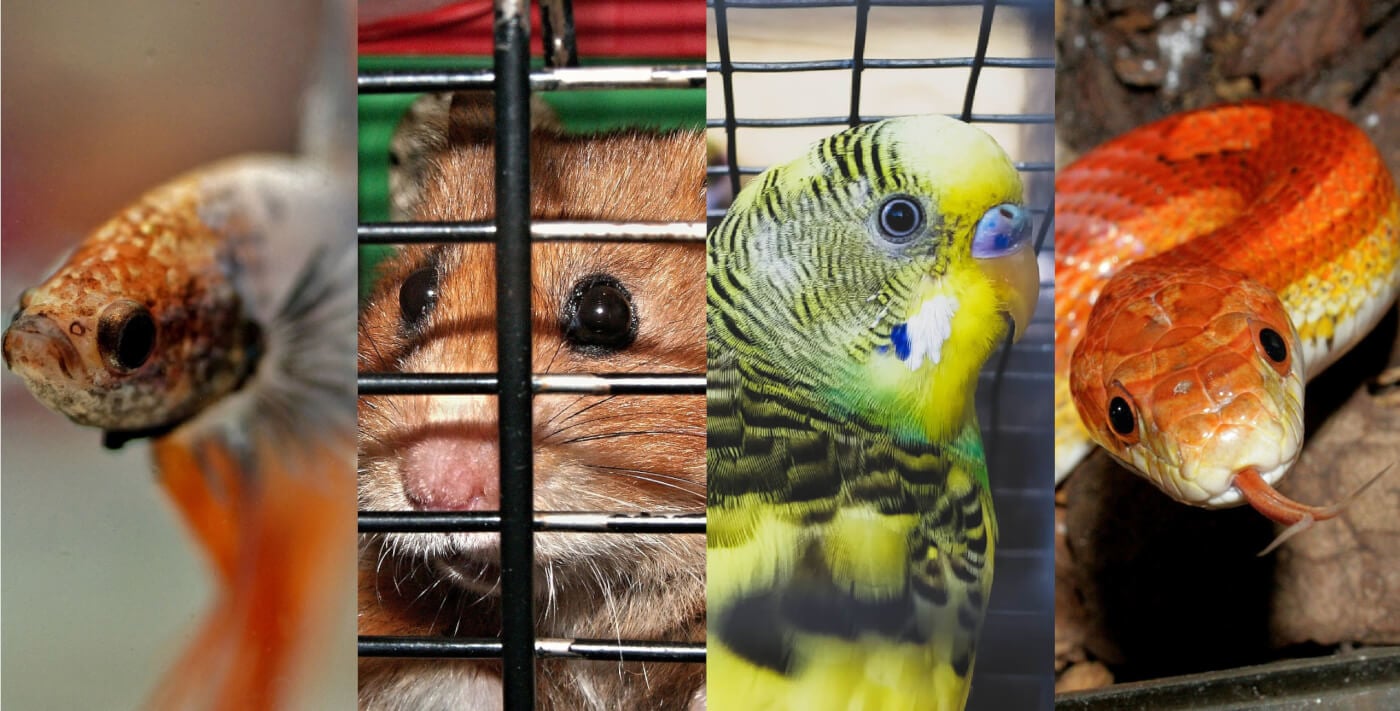
Birds are complex and sensitive individuals who are denied everything that is natural and important to them when they’re kept in homes as “pets” or caged all day as exotic decorations. Investigations into bird-breeding facilities have found severe crowding, filth, and neglect. Birds bred in captivity are still exotic animals and are not “domesticated.” They will always retain their wild instincts and needs, which cannot be met in captivity.
Driven mad from loneliness and the inability to exhibit natural behavior like flying (up to 30 miles a day at 30 mph for some), captive birds often suffer in ways humans don’t understand or even notice—they pull out their own feathers, mutilate their skin, incessantly bob their heads, pace, repeatedly peck at their cage bars, shake, or even collapse from anxiety.
A former Petco employee described dismal conditions for birds, including a parakeet who was pecked to death by stressed cagemates, exposing the bird’s skull.
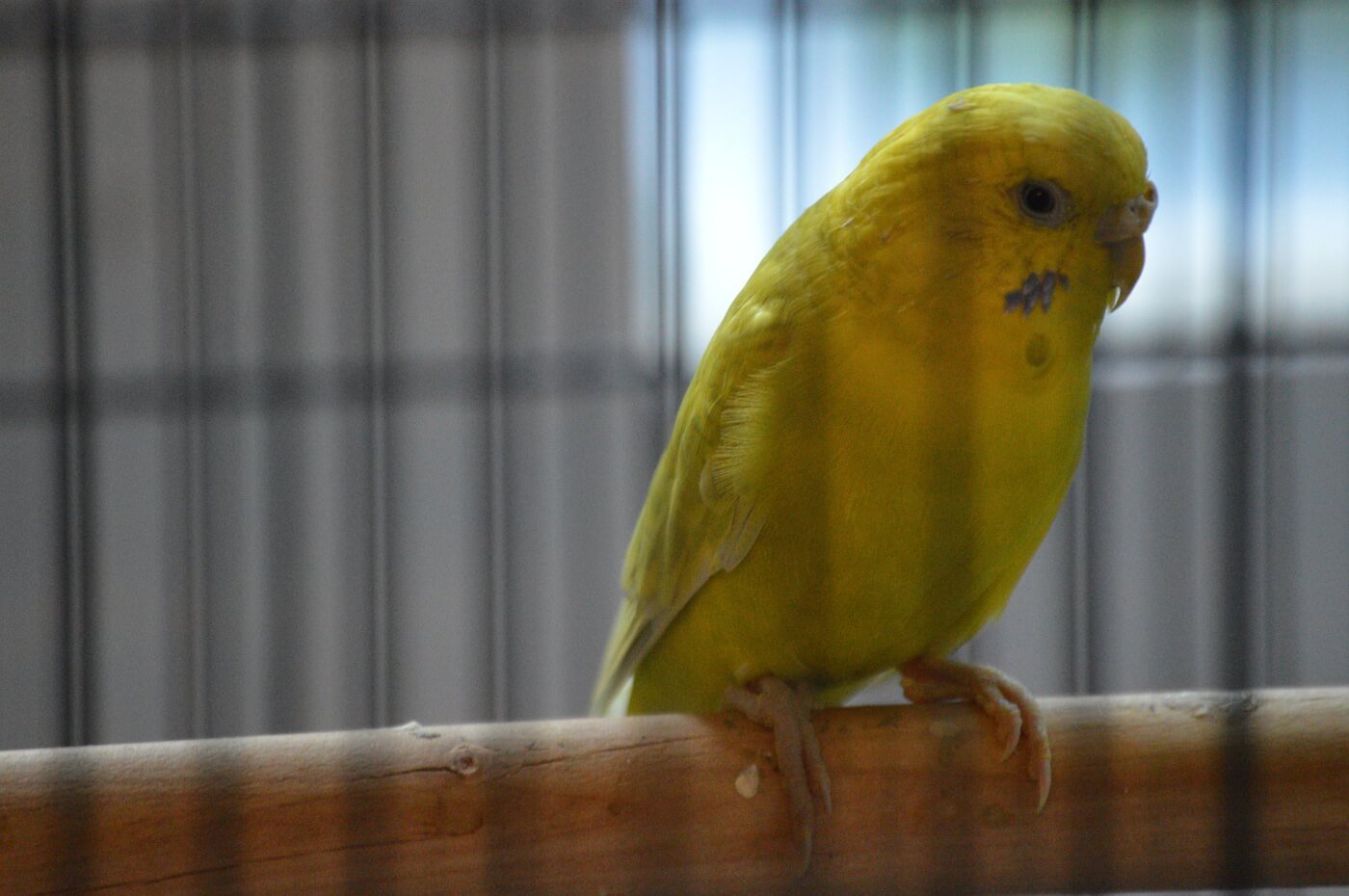
Reptiles, too, are complex and sensitive animals who require specialized care. It’s estimated that 75% of captive reptiles die within the first year in a person’s home. Yet Petco sells them like lifeless merchandise to unprepared people who buy them on impulse, with little to no knowledge of their unique needs for space, heat, humidity, lighting, and more. Snakes are typically confined to far-too-small glass tanks when on display for sale as “pets.” The tanks don’t even allow them to stretch out fully—something experts say is essential to their health and well-being.
A whistleblower stated that in a single week, two iguanas and a chameleon died from respiratory tract infections at just one Petco store, and an ill green tree python ate only once in nearly two months and later died. PETA investigations have revealed rampant abuse and neglect in the businesses that sell and transport reptiles, including animals being confined to shoebox-size plastic bins for months, years, or even their entire lives and denied basic necessities.
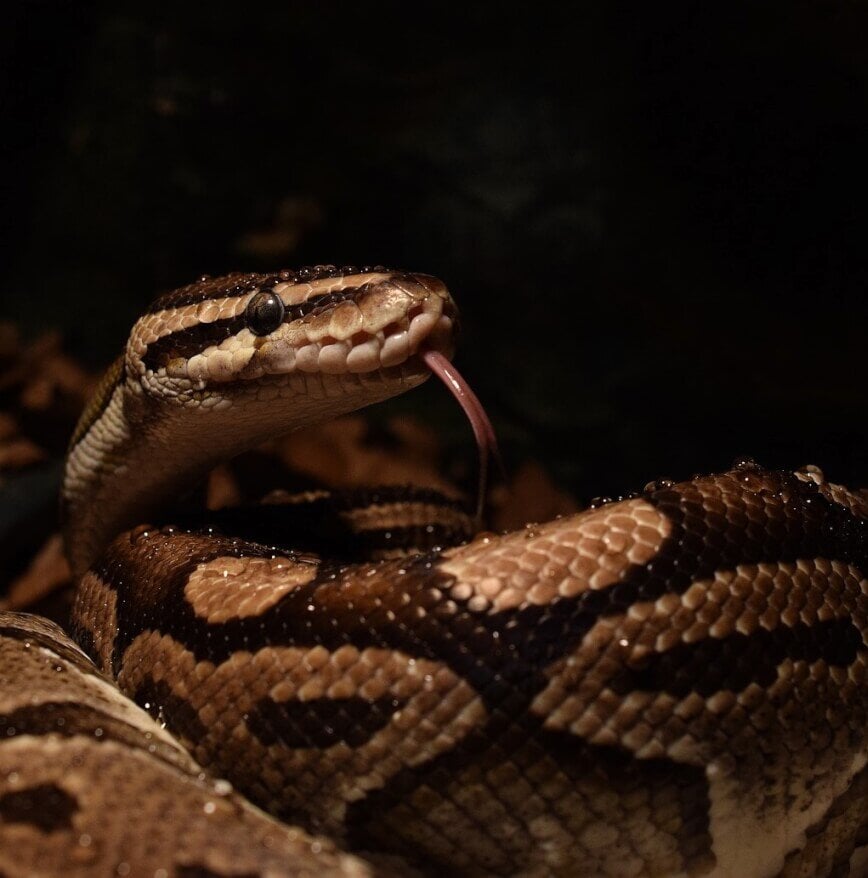
At Petco stores around the country, betta fish are confined to tiny plastic cups containing scarcely a couple of inches of water and stacked on top of one another. A PETA video exposé based on visits to more than 100 stores revealed dead and dying fish floating in cups of contaminated water, and many were left to suffer from painful or debilitating health conditions such as fin rot and swim bladder disorders.
In 2019, a PETA Asia eyewitness visited 10 betta fish breeding and packing facilities in Thailand, which is one of the world’s most prolific ornamental fish exporters. Eyewitness footage shows tens of thousands of bettas kept in small bottles—many with filthy, contaminated water—before being sorted and shipped to be sold at pet stores all over the world. Dead fish were found at every breeding factory visited, including two facilities that supply Petco. Many more fish die before and during transport to retailers, which can take days.
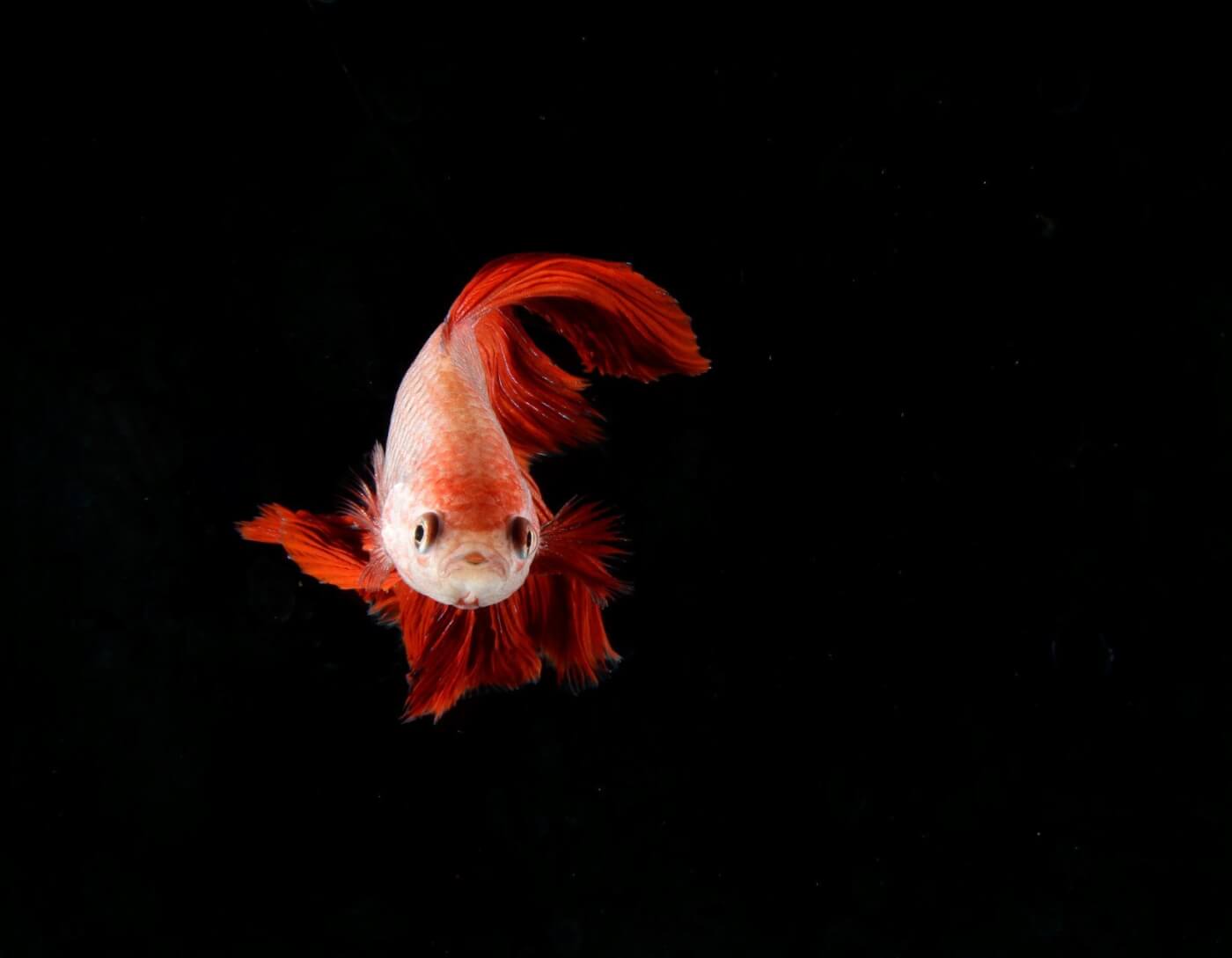
Small mammals fare no better. PETA’s investigation into Petco supplier Holmes Farm in Pennsylvania revealed that workers left live animals in plastic bins with dead and decomposing bodies, tossed animals into freezers to die, and crammed screaming rats, gerbils, guinea pigs, and rabbits into a cooler used as a makeshift “gas chamber” and poisoned them with gas. A former employee of another Petco store recounted seeing sick and injured mice daily. When she showed a suffering mouse to her supervisor, she was told not to worry about it because the animal was “just a feeder mouse.”
A damning August 2021 federal inspection report revealed that dead hamsters’ partially eaten bodies were found in nearly two dozen enclosures at another Petco supplier, Atlanta-based Sun Pet Ltd., and that one hamster had been eaten alive. The report detailed systemic neglect affecting hundreds—if not far more—of the nearly 13,000 animals on-site. Gerbils had been denied access to water for so long that they drank “voraciously” when finally given some, hamsters were kept in cracked enclosures, “green fuzz” was found on spilled food, and boxes in which hamsters were confined were stacked precariously, “swaying … in the breeze.” Other animals suffered from untreated eye problems, labored breathing, and hair and weight loss. A previous PETA investigation into Sun Pet revealed that a worker had bashed live hamsters against a table and that other acts of abuse were committed. In response to the new report, PETA sent a letter to Petco CEO and Chair Ron Coughlin urging him to reconsider his company’s relationship with Sun Pet and to stop selling live animals altogether.
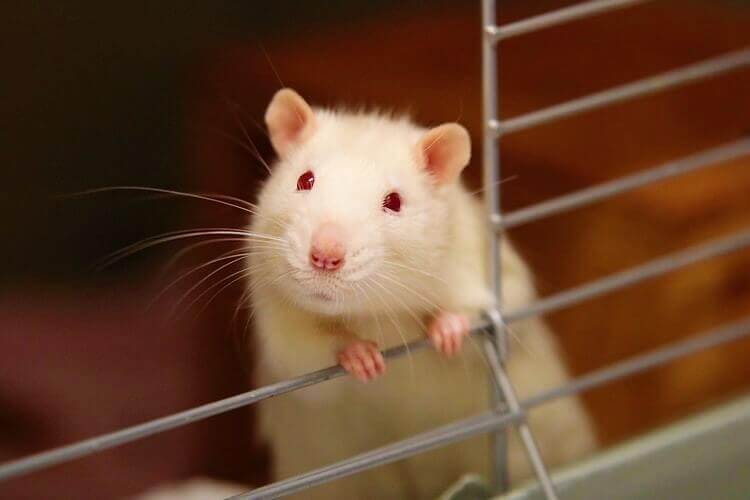
Take Action: Urge Petco to Stop Selling All Live Animals!
Despite the suffering and systemic cruelty inherent in the pet trade, Petco (and other big-box stores) continue to sell animals. Exotic animals who aren’t abducted from their wild habitats are captive-bred in typical “mill” conditions, which have been repeatedly exposed by PETA’s undercover investigations. These investigations include the following:
- Global Captive Breeders: A PETA investigator worked undercover at this company that bred and sold reptiles and rats in Lake Elsinore, California. The investigator documented that workers, including a manager, neglected thousands of animals, many of them fatally, and cruelly killed countless more.
- Holmes Farm: This massive animal dealer supplied hamsters and other small animals to Petco (and PetSmart). Even after Petco representatives visited the farm—where animals were confined to plastic bins, frozen alive, and crudely gassed to death—the chain continued to order and receive animals by the hundreds from the dealer.
- Rainbow World Exotics: A PETA investigation into this Texas-based animal supplier—that supplied Petco (and PetSmart) stores with hamsters, gerbils, and other small animals—revealed a worker castrating rabbits and bleaching their wounds, a manager stomping hamsters to death, live animals being tossed in the trash, a cockatoo starving and dying, and other such incidents.
- Sun Pet: A PETA investigator went undercover at this wholesale animal dealer that supplies animals to numerous Petco (and PetSmart) locations, among other retailers across the U.S. One worker put live hamsters into a bag and then bashed the bag against a table in an attempt to kill them—one of the animals was seen suffering and panting heavily minutes later.
- U.S. Global Exotics: PETA’s investigation at this international exotic-animal wholesale facility in Texas revealed that hamsters, gerbils, chinchillas, ferrets, snakes, lizards, turtles, tortoises, frogs, and other exotic animals shipped by U.S. Global Exotics to other dealers—including dealers that supplied Petco (and PetSmart)—suffered terribly as a result of continuous, cruel confinement to severely crowded and filthy enclosures.
Adoption groups for birds, small mammals, reptiles, and other exotic animals are struggling to deal with the high volume of discarded and unwanted animals who are in need of placement. Reputable bird sanctuaries are overrun. There is absolutely no excuse for Petco to sell any animals.
The best way to help animals suffering in the pet trade is never to buy anything—not even a bag of treats—from stores that sell living, feeling beings. There are many companion animal supply stores and online retailers—like PetFlow.com, Target, and Wag.com—that don’t condemn animals to miserable lives and painful deaths. Urge Petco to stop selling all animals below!